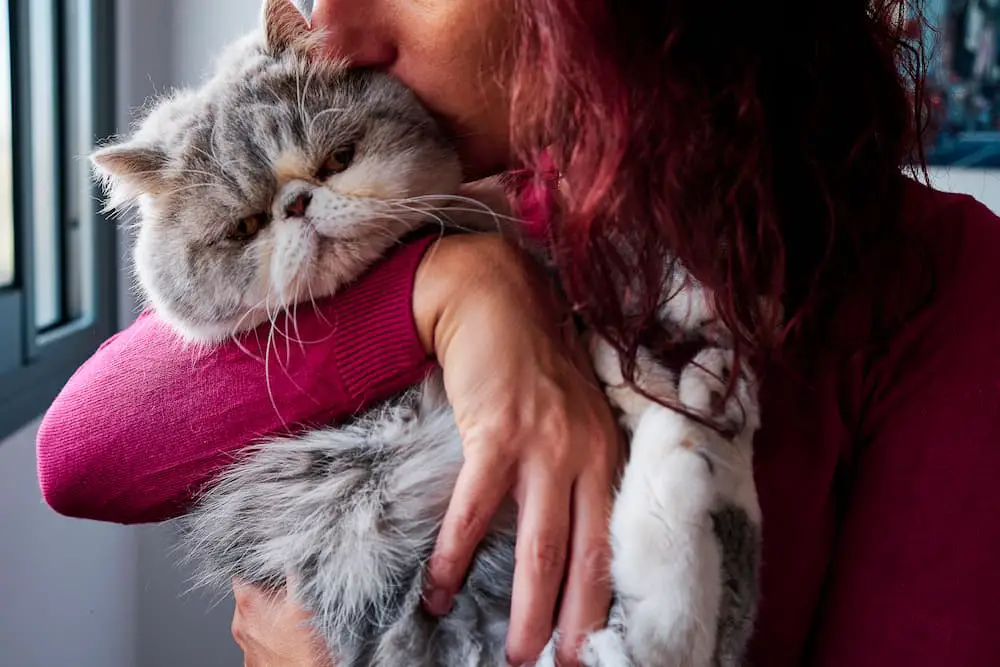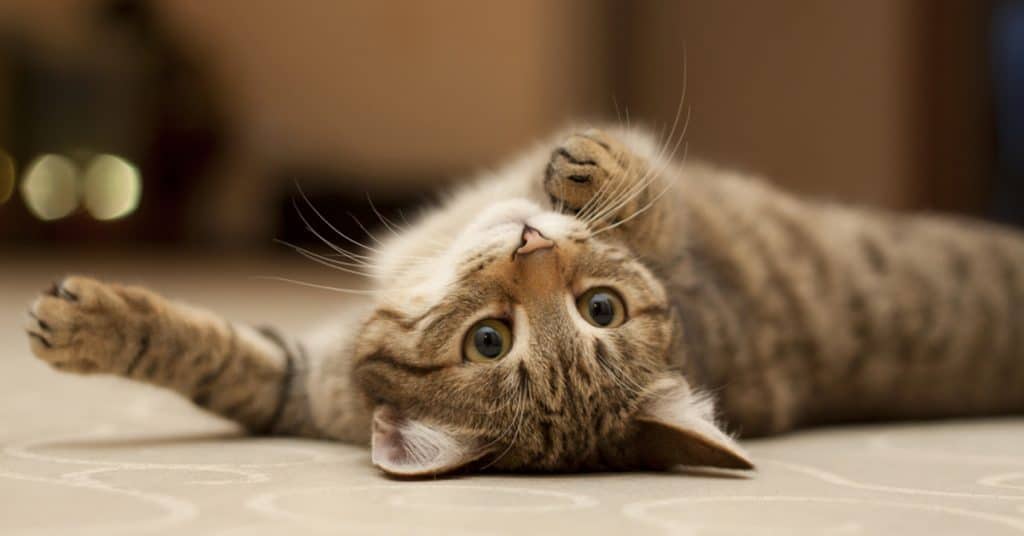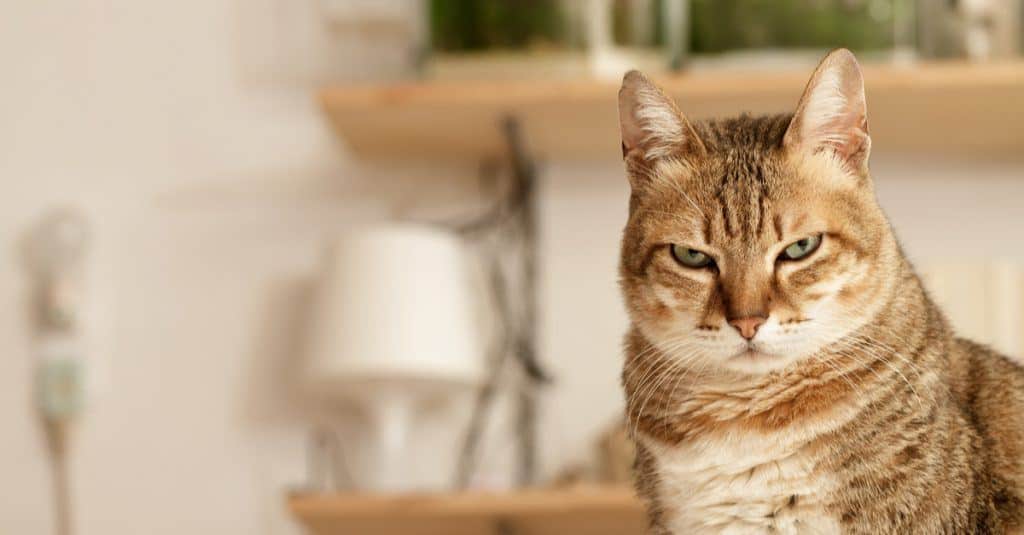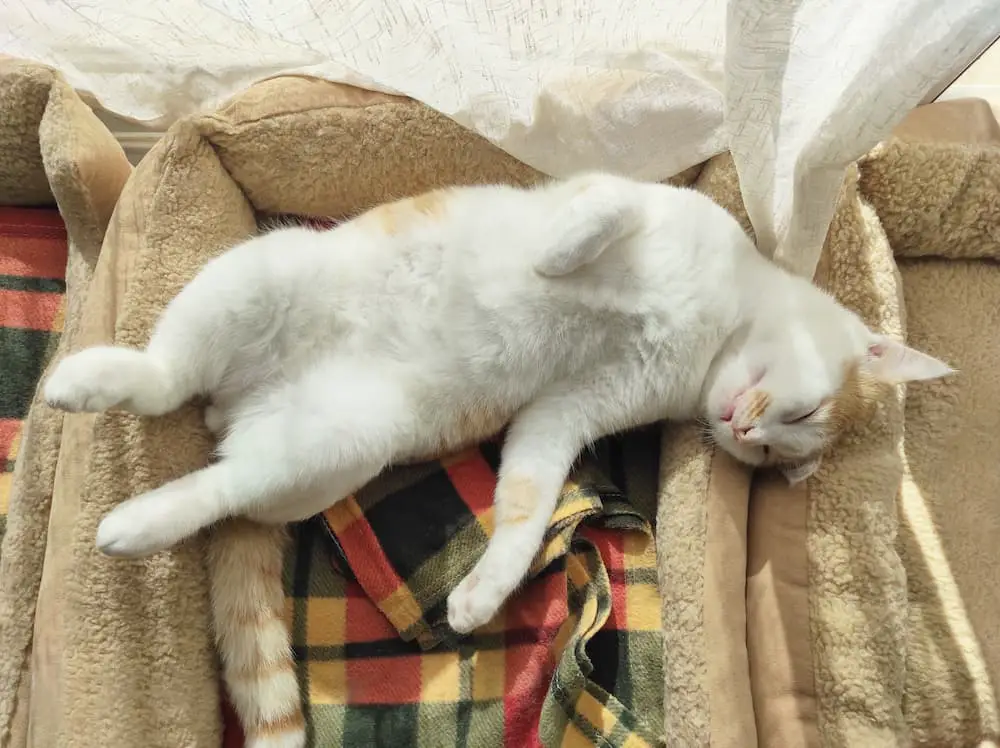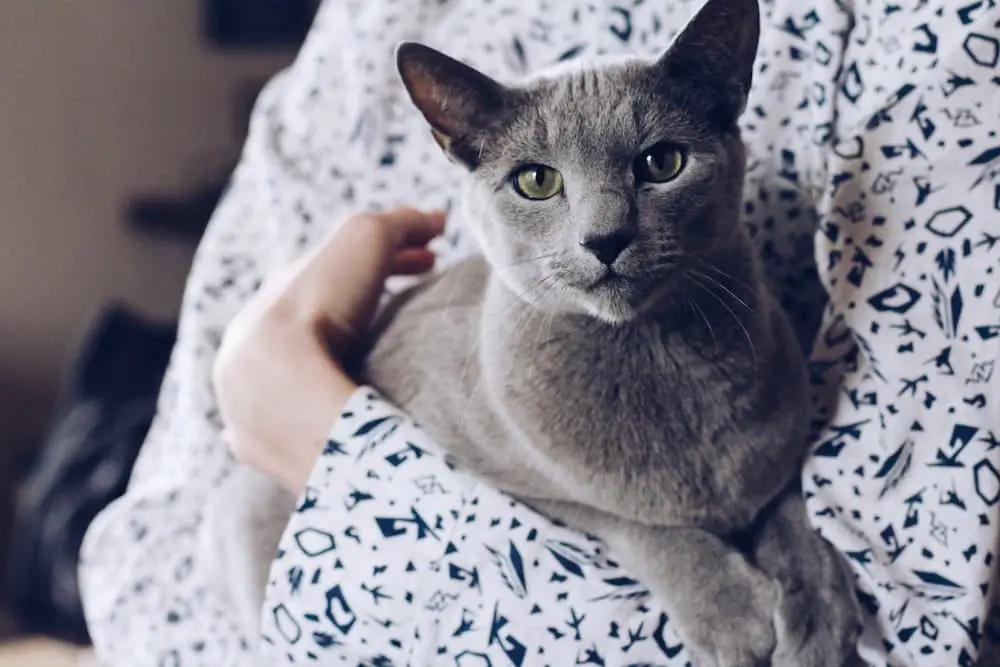Just like us humans, our feline friends can also benefit from a little extra help to stay healthy, and that’s where supplements for cats come into play. These little boosters can help keep your kitty’s coat shiny, their eyes bright, and their energy levels just like a kitten’s! In this article, we’ll explore five important supplements that can help your furball feel their absolute best. We’ll cover what each supplement does, some potential risks to watch out for, and how and when to give them to your cat. We’ll also guide you on where to find the best supplements and which ones to avoid.

Introduction
You know how sometimes, we need to take extra vitamins or minerals to make sure our bodies function at their best? Well, our cats sometimes need a little extra boost too, and that’s where supplements come in. Cat supplements are like a bonus to your cat’s diet, filled with beneficial nutrients that might not be present in sufficient amounts in their regular meals.
The best part about these bonus nutrients is that they can do a whole lot of good for your kitty’s health. They can help keep your cat’s fur shiny and smooth, support their heart and kidneys, improve their immune system, and even help them maintain a healthy weight. Just like supplements keep us healthy, they can do the same for your feline friend.
However, before you rush off to buy them for your cat, it’s important to remember that not all supplements are created equal. Some might be perfect for your friend, while others might not be necessary or could even be harmful if given in excess. The key is to understand what each supplement does and how it can benefit your cat.
The 5 Essential Cat Supplements

Vitamin Supplements for Cats
Vitamin supplements are like the secret superheroes of your cat’s diet! They’re packed full of the same vitamins that we humans need, like Vitamin A for healthy eyesight, Vitamin D for strong bones, and Vitamin E for a robust immune system. They can help your cat’s body to function well and keep them feeling bright and bouncy.
But remember, these superheroes can turn into villains if not used correctly! Too much of certain vitamins, like Vitamin A or D, can be harmful to your kitty. That’s why it’s important to only give your feline friend these supplements under vet supervision. Your vet can guide you on the right dosage based on your cat’s weight, age, and overall health condition.
When it comes to giving these supplements to your cat, the “how” and “when” rely heavily on the specific product and your cat’s unique needs. Some vitamin supplements come in an easy-to-administer liquid form that can be mixed in with your cat’s food, while others might be chewable tablets or capsules. Typically, these are given once a day, but always remember to follow the instructions given by your vet or on the product package.
When Do Cats Need Vitamin Supplements?
There are certain times when your cat might need a specific vitamin supplement. For example, if your kitty is getting older, they might need more Vitamin D to help keep their bones strong. Or if your cat has a skin or coat condition, a supplement with Vitamin E could help improve their skin health and fur shine. Cats with chronic kidney disease often need supplementation of Vitamin B, while cats with gastrointestinal issues might need more Vitamin A for gut healing. But again, this type of vitamin supplementation should be done under the supervision of your veterinarian.
Probiotic Supplements for Cats
Probiotic supplements are another great addition to your cat’s diet, especially if they often have tummy troubles. Probiotics are friendly bacteria that help keep your cat’s gut healthy and their digestion smooth. They can aid in breaking down food, absorbing nutrients, and even warding off harmful bacteria. If your kitty often has diarrhea or constipation, or if they’re just recovering from an illness, probiotics could be their best friend!
However, just like any other supplement, they come with their own set of cautions. While probiotics are generally safe, they can sometimes cause mild side effects like gas and bloating. And if your cat already has a compromised immune system, they might not be able to handle the influx of even good bacteria. So, it’s always a good idea to check with your vet before adding any new supplement to your cat’s diet.
Administering probiotics to your cat is usually straightforward. Most probiotic supplements for cats come in a powder form that you can easily mix into their food, but there are also chewable forms available. The usual dose is once a day, but this can vary depending on the specific product and your cat’s health. Always follow the instructions provided by your vet or on the product packaging.
Two of the most popular cat probiotics are the Daily Probiotic for Cats by Pet Naturals and Meowbiotics, Good Guts for Cats.
Omega-3 Fatty Acid Supplements for Cats
Omega-3 fatty acid supplements are like the ultimate beauty secret for your cat’s skin and fur! They are known to promote a shiny coat, reduce flaky and itchy skin, and even help decrease inflammation in conditions like arthritis. In addition, Omega-3 fatty acids support brain health, which is particularly beneficial for older cats.
However, it’s important to remember that more isn’t always better. Excessive amounts of Omega-3 can cause side effects, such as diarrhea or slowed wound healing. As with other supplements, it’s advisable to have a chat with your vet to ensure you’re giving your cat the correct dosage.
Administering Omega-3 supplements is usually pretty simple. These often come in the form of fish oil capsules or liquid that you can mix into your cat’s food. The frequency and dosage depend on the specific supplement and your cat’s health status, so do follow the instructions provided by your vet or the ones given on the product. Omega-3 supplements are typically given to cats once or twice a day, but this can vary.
Some popular and well-reviewed Omega-3 supplements for cats include the Wild Alaskan Salmon Oil by Zesty Paws and the Omega-3 Pet Soft Gels by Nordic Naturals.

Joint Health Supplements for Cats
Joint health supplements are like the magic potion for your lovable older kitties. These supplements are often rich in ingredients like glucosamine and chondroitin, which help support the health of your cat’s cartilage and joints. They are particularly beneficial for aging cats whose joints may be getting a bit stiff, or for kitties who have conditions like arthritis. By giving your cat a joint health supplement, you might just see them spring back into their frisky, playful selves!
However, like the other superheroes we’ve talked about, these supplements come with certain cautions. Some cats may experience stomach upset or diarrhea when they first start taking joint supplements. It’s always best to start with a lower dose and gradually increase it as recommended by your veterinarian. Additionally, these supplements are not a substitute for veterinary care, so if your cat is showing signs of joint pain or discomfort, it’s crucial to seek professional advice.
Administering joint supplements is usually easy-peasy! Many come in tasty, chewable forms that your cat will gobble up like a treat. Others might be in a liquid or capsule form that you can mix into your cat’s food. The dosage and frequency will depend on the specific product and your cat’s individual needs, so be sure to follow the instructions provided by your vet or on the product packaging. Remember, consistency is key when it comes to supplements, so try to give them at the same time each day to help your cat get the maximum benefits.
Popular joint supplements include the Cosequin Capsules for Cats by Nutramax and the Hip + Joint Supplement for Cats by Pet Naturals.
Immune Support Supplements for Cats
Immune support supplements are like the little guardians of your cat’s health, helping to bolster their defense system against various diseases. These supplements often contain ingredients like antioxidants, vitamins, and certain herbs that are known to support the immune system’s health. By giving your kitty an immune support supplement, you’re helping their body be better prepared to fight off any potential invaders, keeping them healthier and happier!
However, it’s important to remember that these immune-boosting supplements are not a cure-all. They should be used as part of a comprehensive health care plan, and not as a replacement for regular vet check-ups or vaccinations. Also, while immune support supplements are generally safe, they can sometimes cause side effects like an upset stomach, particularly if given in large amounts. Therefore, it’s always a good idea to talk to your vet before starting your cat on any new supplement.
Administering immune supplements is usually a piece of cake! Most of these supplements come in easy-to-use forms like chews, capsules, or liquid that you can mix into your cat’s food. The dosage and frequency will depend on the specific product and your cat’s individual needs, so always follow the instructions provided by your vet or on the product packaging. Keep in mind, consistency is crucial for these supplements to do their job effectively. So, make sure to give them at the same time each day to help your feline friend reap all the benefits!
Popular immune support supplements for cats include Licks Pill-Free Cat Immunity and Tomlyn Immune Support Daily L-Lysine.
Where to Buy Cat Supplements

When it comes to purchasing cat supplements, you have quite a few options. You could visit a pet store where you can find a variety of brands and types of cat supplements. Another great resource is your vet clinic, where professionals can guide you on the best supplement options for your cat’s specific needs. You can also shop online on platforms like Amazon, Chewy, or Petco. Online shopping offers the advantage of being able to read customer reviews and compare different products and prices before making a decision.
However, not all supplements are created equal, and it’s crucial to be aware of what to avoid. Steer clear of supplements that contain artificial additives, colorings, or preservatives, as these can be harmful to your cat. Additionally, avoid supplements with low-quality ingredients or those that don’t provide clear information about their ingredient list or source. It’s always recommended to choose supplements from reputable brands that prioritize quality and transparency.
Lastly, before starting any new supplement regimen for your cat, remember to consult a vet. They can provide valuable advice about which supplements your cat may benefit from, the correct dosages, and how to administer them correctly. The world of cat supplements can be overwhelming, but with the right guidance, you can make smart choices to support your feline friend’s health and well-being.
How to Help Your Cat Get Used to Taking Supplements
Introducing a new routine to your kitty, especially when it involves taking supplements, might seem like a daunting task. But don’t worry, there are a few tricks that can make this process smoother and more enjoyable for both of you!
Firstly, it can be helpful to associate supplement time with something your cat loves, like mealtime or treat time. If your cat’s supplement comes in a chewable form, you might even be able to disguise it as a treat! Secondly, patience is key. Start slow and give your cat time to adjust to the new routine. Gradually increase the dosage as recommended on the packaging or by your vet. Finally, remember to shower your cat with loads of praise and cuddles after they take their supplement. This positive reinforcement can make a world of difference, making the process easier and more pleasant over time.
Conclusion
In conclusion, no one knows your fur baby like you do. You want to give them a life that’s not just good, but purr-fect! Supplements can be a part of providing that purr-fect life. They’re like little health-boosters, helping your kitty live their nine lives to the fullest! From strengthening their joints to boosting their immune system, they can offer significant benefits to your cat’s overall health.
However, like with any changes to your cat’s diet or routine, it’s important to chat with your vet first. These professionals know your furry friend’s health inside out, and can give you bespoke advice based on their age, breed, lifestyle, and more. They can guide you on the right type of supplement, the correct dosage, and how to safely introduce it into your cat’s routine. Always remember, the goal is to make your cat’s life happier and healthier with the help of supplements, so always prioritize their comfort and well-being.
The Catington Post is reader-supported. That means, if you make a purchase through links on our site, we may earn an affiliate commission. All images and names which are not the property of The Catington Post are the property of their respective owners.
